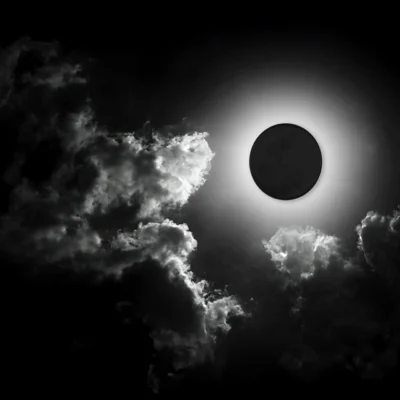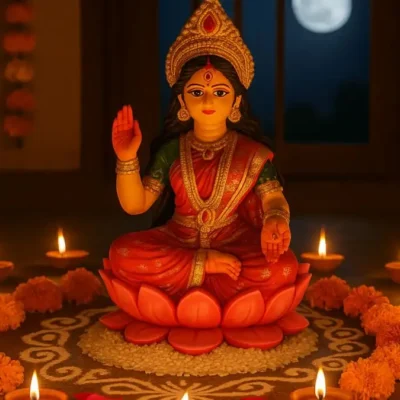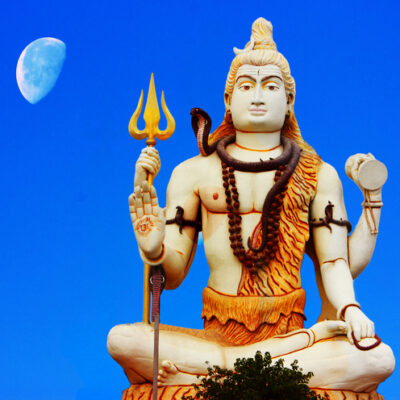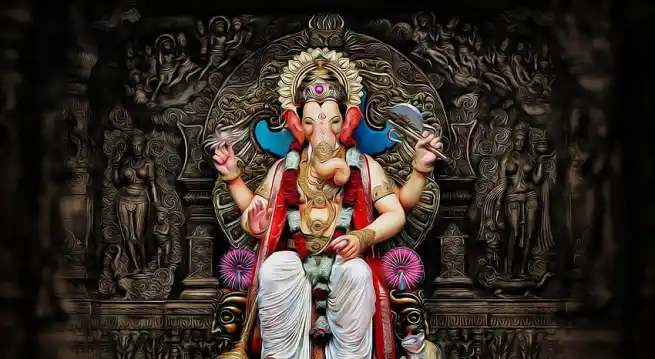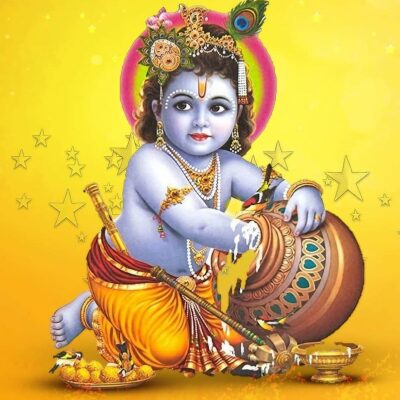Sakkottai Sri Amirdhagadeswarar Temple, Thanjavur
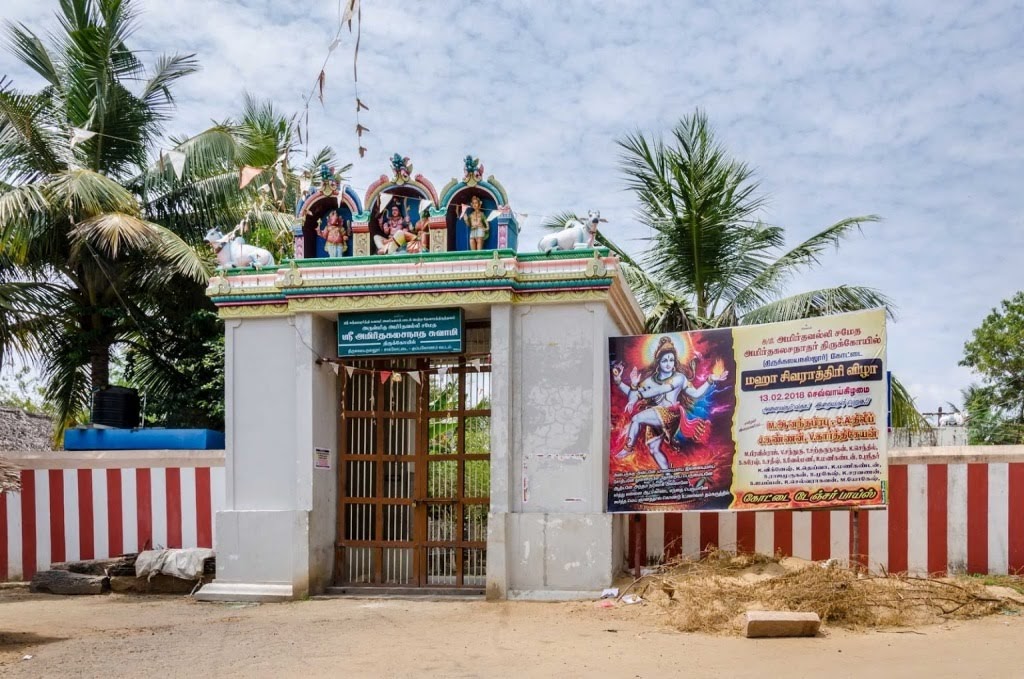
Address
Sakkottai Sri Amirdhagadeswarar Temple Sakkottai (Po.), Kumbakonam (Tk.), Thanjavur (Dt), PIN – 612 401
Deity
Sri Amirthakalasa Nathar Amman: Sri Amirthavalli
Introduction
Amirtha Kalasa Nathar Temple is a Hindu Temple dedicated to Lord Shiva located in Sakkottai, a village in the outskirts of Kumbakonam, in Thanjavur District in Tamil Nadu. Presiding Deity is called as Amirtha Kalasa Nathar / Amirthakadeswarar and Mother is called as Amirthavalli. This temple is situated on the southern bank of the river Arasalaru. This Temple is one of the twelve famous Shiva temples in and around Kumbakonam participate in the famous Maha Maham festival.This is one of the Saptha Sthana temples associated with Adhi Kumbeswarar Temple,Kumbakonam. The presiding deity is revered in the 7 th century Tamil Saiva canonical work, the Thevaram, written by Tamil saint poets known as the Nayanmars and classified as Paadal Petra Sthalam. Sundarar venerated Amirthakateshwarar in Thevaram, compiled as the Seventh Thirumurai. This is the 185th Devaram Paadal Petra Shiva Sthalam and 68th Sthalam on the south side of river Cauvery in Chozha Nadu. The temple is closely associated with Sakya Nayanmar, one of 63 saints associated with Saivism. The temple is maintained and administered by the Hindu Religious and Charitable Endowments Department of the Government of Tamil Nadu. Theertham (Holy water): Nankuveda Theertham Sthala Vriksham (Sacred Tree): Vanni tree
Puranic Significance
- Location & Classification:
- One of the 276 Devara Paadal Petra Shiva Sthalams and 68th Shiva Sthalam on the southern bank of River Cauveri in Chozha Nadu (Thenkarai).
- Situated on the southern bank of the River Arisilaru.
- Temple Architecture & Renovations:
- Built in granite by the Cholas.
- Later renovated by Chola King Kulothungan III and the Nayakkars.
- Originally surrounded by a large fortress (Kottai) with tanks (Akazhi) on both sides of its walls. Only ruins of the wall and tank remain today.
- Saint Sundaramurthy Nayanar’s hymns praise the grandeur of the temple, its halls, and tanks.
- Origins of the Name “Sakkottai”:
- The area was historically occupied by Buddhists (Sakkiyas), hence called Sakkiya Kottai, which later became Sakkottai.
- Saint Sakkiya Nayanar, a former Buddhist and one of the 63 Nayanmars, worshipped Lord Shiva here.
- Shiva blessed him with darshan and included him among the Nayanmars.
- Hindu Mythology – Pralaya & Amutha Kalas Legend:
- At the end of every Yuga, a great flood (Pralayam) destroys life on earth.
- Lord Shiva, through Brahma, preserved the seeds of life, Vedas, and Puranas in a nectar-filled pot (Amutha Kalas) placed on Mount Kailash.
- The Pralayam displaced the pot, which eventually settled in Kumbakonam.
- Lord Shiva (as Kiratha Murthy) split the pot with his arrow, restoring life.
- Pieces of the pot’s decorations fell at various places, forming Shivalingams, including the one at Sakkottai.
- Saint Sakkiya Nayanar’s Devotion:
- He unknowingly adorned a stone with flowers, thinking it was a Shivalingam.
- Realizing his mistake, he repented, and Shiva & Parvathy appeared before him.
- As a result, Shiva accepted his devotion, and the place became known as Sakkottai.
- Buddhist Influence:
- Saint Sambandar in Thevaram mentions that this place was originally inhabited by Buddhists, leading to its name Sakkiyar Kottai → later evolved into Sakkottai.
- Goddess Parvathy’s Penance & Marriage:
- Goddess Parvathy performed penance at this temple.
- Pleased with her devotion, Lord Shiva married her here.
- A shrine for her, Thapas Amman, exists in the temple corridor.
Beliefs
This temple is famous for conducting rituals for Sashtiyaptha Poorthy, Bheemaratha Santhi and Sadabishekam (60th, 70th and 80th birthdays respectively).
Special Features
Other than the shrines of Lord Shiva and Goddess Parvathy, shrines and idols of Narthana Vinayakar, Dhandayuthapani, Nalvar, Navagraham, Vayu lingam, Prithvi lingam, Theyu lingam, Murugan with his consorts, Ardhanareeswarar, Thapas Amman, Gajalakshmi, Sapthamathas (carved out of a single stone), Bairavar, Pitchandavar, Chandran, Suryan, Saneeswarar, Rahu and Sage Sakkiya Nayanar can be seen in the main hall and corridors. In the “koshtam” (place surrounding the sanctum sanctorum), idols of Dakshinamurthy, Lingothbhavar (with Mahavishnu and Brahma on his either side), Brahma, Durgai and Chandikeswarar can be seen.
Festivals
Three major yearly festivals on its calendar. Maha Shivrathri and Masi Magam during the Tamil month of Masi (February – March) and Margazhi Tiruvadhirai during Margazhi (December – January) are the major festivals celebrated in the temple.
Century/Period/Age
1000 to 2000 years old
Managed By
Hindu Religious and Charitable Endowments (HRCE)
Nearest Bus Station
Sakkottai
Nearest Railway Station
Kumbakonam
Nearest Airport
Trichy
